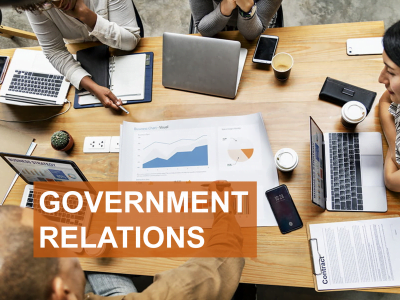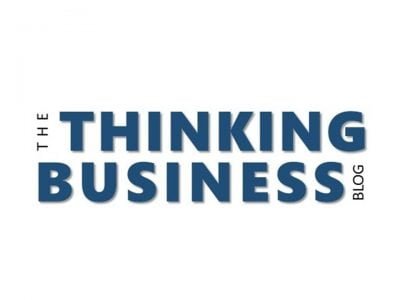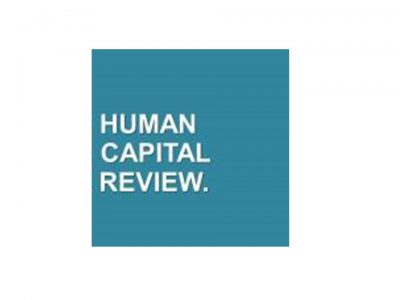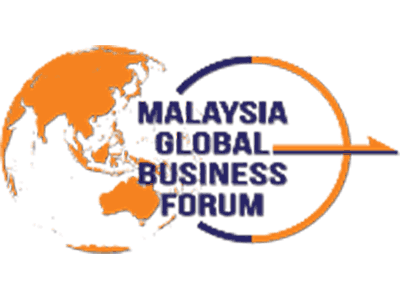An introduction to the Kuala Lumpur Regional Centre for Arbitration and the current legal framework
Today, arbitration is the most popular dispute settlement tool that promotes trade and investment. As such, States have adopted a series of international treaties and have enacted legislation with the view to facilitating and enhancing the arbitral functioning.
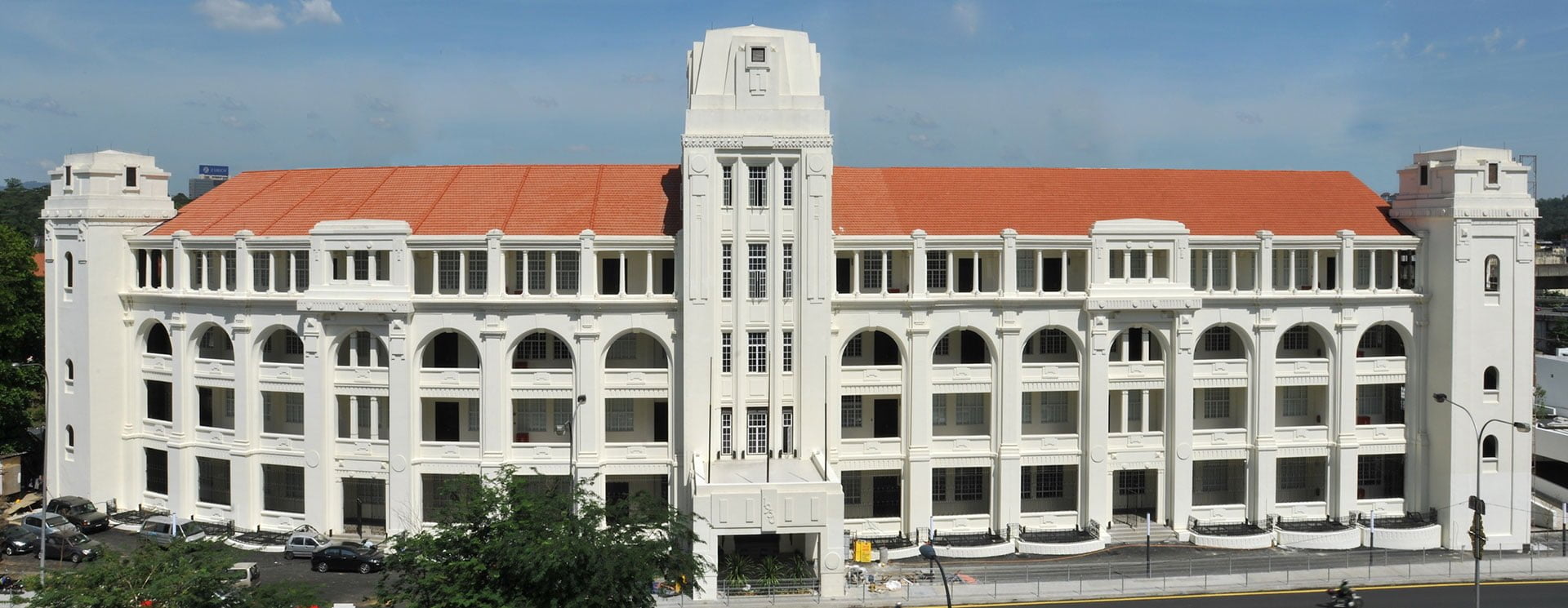 Malaysia has undertaken various efforts that have advanced its position as a seat of arbitration. Notably, the making of the hostcountry agreement with the Asian-African Legal Consultative Organisation (“AALCO”) that established in 1978 the Kuala Lumpur Regional Centre for Arbitration (the “KLRCA”). The KLRCA was the first regional center for arbitration in Asia and since its inception it has been operating as a non-profit, independent international body, providing institutional support as a neutral and autonomous venue for the conduct of domestic and international arbitration proceedings in region.
Malaysia has undertaken various efforts that have advanced its position as a seat of arbitration. Notably, the making of the hostcountry agreement with the Asian-African Legal Consultative Organisation (“AALCO”) that established in 1978 the Kuala Lumpur Regional Centre for Arbitration (the “KLRCA”). The KLRCA was the first regional center for arbitration in Asia and since its inception it has been operating as a non-profit, independent international body, providing institutional support as a neutral and autonomous venue for the conduct of domestic and international arbitration proceedings in region.
Along with the establishment of the KLRCA by AALCO, Malaysia took important steps towards modernising its arbitration related legislation. Those efforts came to fruition with the enactment of the Arbitration Act 2005. The Arbitration Act 2005 provides, inter alia, that national courts do not have inherent jurisdiction to supervise an arbitration proceeding. In addition, it excludes the supervisory jurisdiction of the High Court over the KLRCA, thus respecting the independence of the KLRCA an international arbitration institution.
The KLRCA: An institution recognised for innovation and excellence
As an international arbitration institution, the KLRCA has its own rules for arbitration (the “KLRCA Arbitration Rules”). The KLRCA Arbitration Rules have been revised numerous times since the institution’s inception, with the most recent edition having been launched in October 2013. The KLRCA Arbitration Rules, as has always been the case, draw extensively on the rules made by the United Nations Commission on International Trade Law (the “UNCITRAL Rules for Arbitration”) by including the UNCITRAL text in its entirety. They leave a wide discretion to the parties in regard to the choice of the arbitrators, the place of arbitration and the applicability of the procedural rules.
Structurally, the KLRCA Arbitration Rules are split into three parts: Part I containing the KLRCA Arbitration Rules, Part II containing the UNCITRAL Rules for Arbitration and Part III containing the Schedules. Part I of the KLRCA Arbitration Rules modifies the effect and functioning of Part II, to account for the involvement of an administering institution. Part I takes precedence over Part II where there is any conflict between the two sections.
The types of procedural issues that are covered in Part I are precisely those that are handled by an administering institution. They include:
- Commencement of Proceedings, including documentary requirements and address for service;
- Appointment procedures, including the identity of the appointing authority;
- Time limits in the arbitration procedure;
- Calculation of fees and collection of deposits; and
- Issues specific to the location of the institution, such as consolidation, the seat of arbitration and confidentiality.
Catering to the demands of the corporate community for expediency in dispute resolution, the KLRCA introduced in 2010 its Fast Track Arbitration Rules. This set of rules enable smaller quantum disputes to be settled with binding effect within a shorter period of time. In a continuing spirit of innovation, the KLRCA introduced in 2012 the so-called i-Arbitration Rules. The i-Arbitration Rules are designed for disputes that arise from commercial transactions that may contain Shariah elements or premised on Shariah principles. The i-Arbitration Rules incorporate a reference procedure to a Shariah Advisory Council or Shariah expert whenever the arbitral tribunal has to form an opinion on a point related to Shariah principles. Last but not least, the KLRCA aims to promote mediation as a viable commercial option for parties, with the introduction of the KLRCA Mediation Rules.
As far as enforcement of arbitral awards is concerned, under the Arbitration Act 2005 and the KLRCA Arbitration Rules, upon application to the High Court, an award will be recognised and enforced in the same way as a judgment.
The KLRCA imposes an administrative charge, advises parties on the applicable rules, appoint arbitrators (where there is a default of appointment), decides on the amount of the arbitrators fees and collects deposits. It also provides the venue for arbitration, technical facilities and other assistance.
GUARANTEEING EFFICACY, EFFECTIVENESS AND ACCURACY
The catch phrase in today’s fast-paced world is efficacy, effectiveness and accuracy. Business organisations often insist on time and cost effective solutions in resolving any contractual disputes, which they may face from time to time as it adds to the cost of doing business. Such disputes can revolve around payment issues arising from money owed, goods sold or services rendered. An effective arbitration regime matters to foreign investors. The KLRCA offers several sets of rules with the view to providing effective dispute resolution. Its rules are the most popular choice of arbitral rules for arbitrations in Malaysia and in the region, which testifies to the efficacy of the institution.
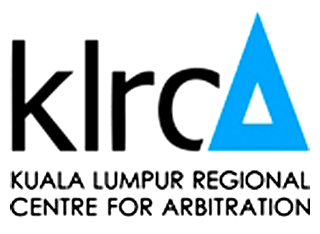
Services
Stakeholder mapping, analysis, engagement and communication needs to be detailed to avoid business losses or even worse, a crisis. How can you do this effectively to prevent failure? ...
Data-driven business decisions have never been as crucial, especially in this era. MGBF leverages off, technology, experience and market presence to aid businesses in making accurate decisions. ...
MGBF provides comprehensive strategic advice and results-focused solutions to solve clients' problems in business-government relations so they can focus on their core business. ...
A critical business challenge is meeting the right decision-makers and potential buyers through the best channel and platform. How will you improve your business competency? ...
Upcoming Events
MGBF founding chairman Nordin Abdullah and UMW Toyota president Datuk Ravindran K. will delve into the convergence of automotive innovation and environmental sustainability in Penang, Sarawak, Johor and Pahang.
In this episode of 'A Working Lunch with Nordin', MGBF's founding chairman, Nordin Abdullah, will host this discussion focusing on the biggest threats and opportunities for businesses as we look to manage change in the South China Sea.
This MGBF Roundtable will focus on regional food security issues and trends in the regional supply chain, and trade regulations and policies, including a new geopolitical tool i.e., weaponisation of supply chains.
This integrated event will include a forum, dedicated business matching, site visits, a gala dinner and a round of golf. Aptly themed, the focus will be on regional food security issues and trends in the context of the supply chain, agriculture technology and trade regulations and policies.
MGBF In The News
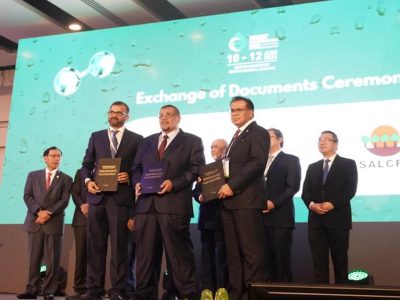
Planet QEOS, KIS BlOCNG San Bhd, and the Sarawak Land Consolidation and Rehabilitation Authority (SALCRA) have officially signed a tripartite memorandum of understanding (MoU) to establish a collaborative framework aimed at producing bio-hydrogen via the Steam Biomethane Reforming (SBMR) Process. The MoU was signed by Planet QEOS executive chairman Dino […]
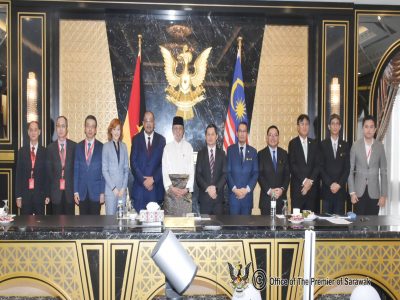
Planet QEOS and China Machinery Engineering Corporation (CMEC) are interested in investing RM10 billion to co-develop advanced Megawatt peak (MWp) agrovoltaic in Baram, to further boost Sarawak’s green energy initiative and food security. Sarawak Premier Datuk Patinggi Tan Sri Abang Johari Tun Openg was briefed on Friday by both the […]
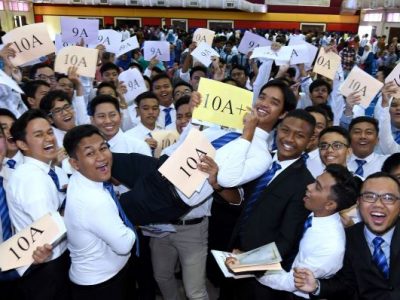
Last week SPM results came out, 373,974 aspirants who have been waiting patiently over the last few months would now know their fate. Some 10,109 have received all A’s, the golden standard of academic success and the ticket to those looking to study the “more advanced” subjects in university. Proudly, […]

The classic knee-jerk reaction is to say, fire the coach, change the leadership of associations, and reduce the funding till they start performing better. This kind of negative reinforcement may work for kindergarten children, but we are dealing with high-performance adults – individuals much further along in their psychological and […]
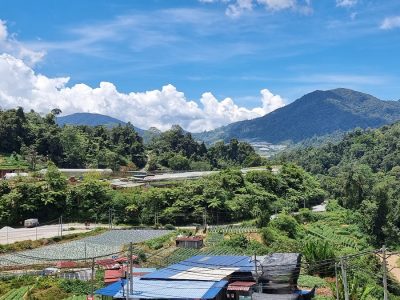
Since its earliest tea plantations in 1929, Cameron Highlands has grown to become a key player in the agricultural landscape of Malaysia, producing 40 per cent of all vegetables grown. Despite Malaysia shifting its economic focus away from agriculture, the industry remains imperative for food security and the livelihoods of […]

Although at first glance the travel industry and the agricultural sector appear to have nothing in common, they actually share more than meets the eye. The economic benefits of tourism to the agricultural sector can be multiplied several times over. “Tourism brings the end consumers closer to the source, which […]
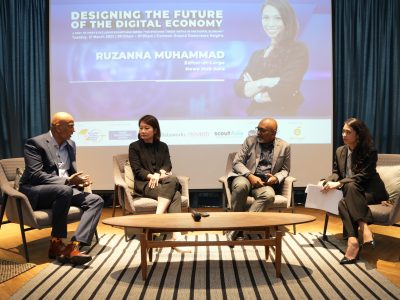
The Malaysia Global Business Forum (MGBF) recently held a high-level roundtable themed ‘Designing the Future of the Digital Economy’, attended by industry leaders and business associations. The guest of honour was Yang Berhormat Syerleena Abdul Rashid, the Member of Parliament (MP) for Bukit Bendera in Penang. The MP’s Special Session […]

The Malaysia Global Business Forum (MGBF) will be hosting a roundtable on ‘Designing the Future of the Digital Economy’ on 23 February 2023. It is the culmination of the first three MGBF Exclusive Roundtable Series titled ‘The Evolving Threat Matrix in the Digital Economy’ held throughout 2022. According to the […]

The Founding Chairman of the Malaysia Global Business Forum (MGBF), Nordin Abdullah, today spoke on Bernama TV’s leading English talk show, The Brief, hosted by Jessy Chahal, on the topic of a stable political reality and what that means for the Malaysian economy. Nordin said, “The first thing that it […]

More than 1,100 years ago, Muhammad ibn Musa al-Khwarizmi was developing the mathematical formulas that we know today as algorithms which now have become so intertwined with the business fortunes of global media giants and the very fabric of geopolitics. A series of recent high level international reports have revealed […]
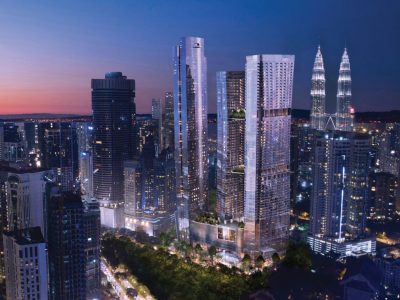
KSK Land has been recognised by the Malaysia Global Business Forum (MGBF) for its role in attracting high net-worth individuals to Malaysia post-pandemic. The first challenge in investor attraction is “selling” the country. In the context of Asia, Malaysia is competing with some very established investment destinations. The second […]
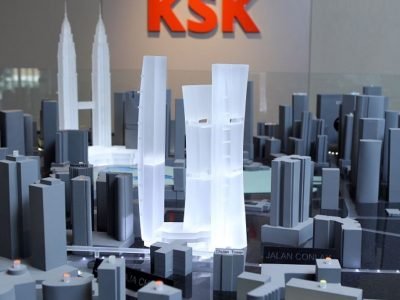
Malaysia, in particular Kuala Lumpur, continues to position itself as a regional centre to do business, educate a family and enjoy a global lifestyle. One company, KSK Land, has taken the lead in positioning itself and the city of Kuala Lumpur as a property investment destination for the global citizen […]
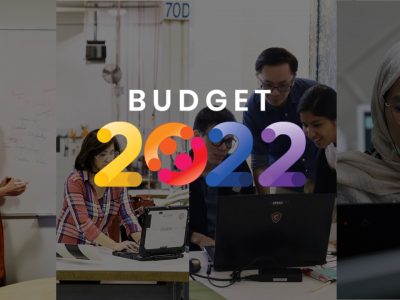
The upcoming budget represents an opportunity to build resilience in the critical sectors that will form the backbone of the country’s future-facing economic ambitions. This however needs to be achieved in the context of managing the community sectors most impacted by COVID-19 over the past two years. The Keluarga Malaysia (Malaysian Family) […]

Malaysia Global Business Forum (MGBF) has moved to support the creative economy as the overall economy moves into a recovery phase following the COVID19 pandemic. As a step in the direction of normalcy, the MGBF has agreed to host the art exhibition “I Know You’re Somewhere So Far” by one […]
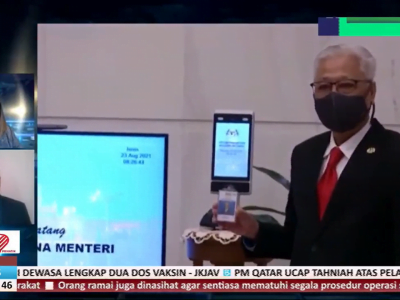
Congratulations to Datuk Seri Ismail Sabri Yaakob for taking up the mantle of the ninth prime minister of Malaysia. There is nothing normal about the situation; it could not have been scripted but it has kept the spectrum of media, mainstream and social, gripped. The first order of business for […]
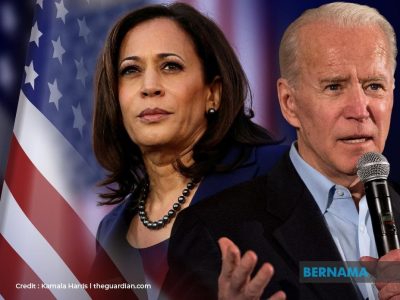
In a stirring speech to the nation, President Joseph R. Biden, Jr. stamped his brand of leadership on the presidency, in his first act as the 46th president of the United State of America, it signaled several shifts. Perhaps the weather was foreboding with snow falling before the ceremony that […]

KUALA LUMPUR, 6 July 2022 – As the global economy continues to deal with unprecedented levels of disruption caused by the pandemic and the conflict between Russia and Ukraine, the convergence of energy security and food security issues has become a front-of-mind issue faced by policy makers and consumers alike. […]

KUALA LUMPUR, 23 June 2022 — Malaysia Global Business Forum (MGBF) ties up with scoutAsia to ensure that businesses are equipped with deeper regional insights. The past two years has seen a massive shift in the way businesses are conducted with digitisation, digitalisation and automation continuously being adopted to improve […]
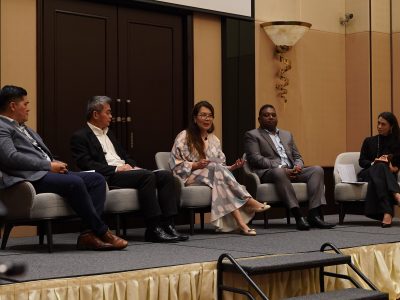
KUALA LUMPUR, 25 May 2022 – The Malaysia Global Business Forum (MGBF)’s exclusive roundtable on ‘Security Concerns in Critical Value Chains’ was held in a hybrid setting yesterday at the Eastin Hotel Kuala Lumpur. The guest of honour was Yang Berbahagia Tan Sri Dato’ Seri Rafidah Aziz, former minister of […]
 Malaysia has undertaken various efforts that have advanced its position as a seat of arbitration. Notably, the making of the hostcountry agreement with the Asian-African Legal Consultative Organisation (“AALCO”) that established in 1978 the Kuala Lumpur Regional Centre for Arbitration (the “KLRCA”). The KLRCA was the first regional center for arbitration in Asia and since its inception it has been operating as a non-profit, independent international body, providing institutional support as a neutral and autonomous venue for the conduct of domestic and international arbitration proceedings in region.
Malaysia has undertaken various efforts that have advanced its position as a seat of arbitration. Notably, the making of the hostcountry agreement with the Asian-African Legal Consultative Organisation (“AALCO”) that established in 1978 the Kuala Lumpur Regional Centre for Arbitration (the “KLRCA”). The KLRCA was the first regional center for arbitration in Asia and since its inception it has been operating as a non-profit, independent international body, providing institutional support as a neutral and autonomous venue for the conduct of domestic and international arbitration proceedings in region.




